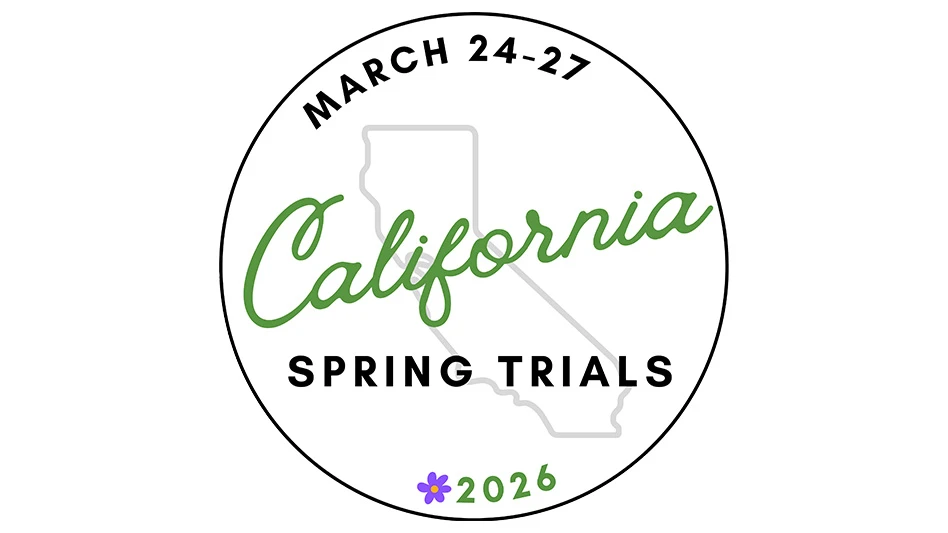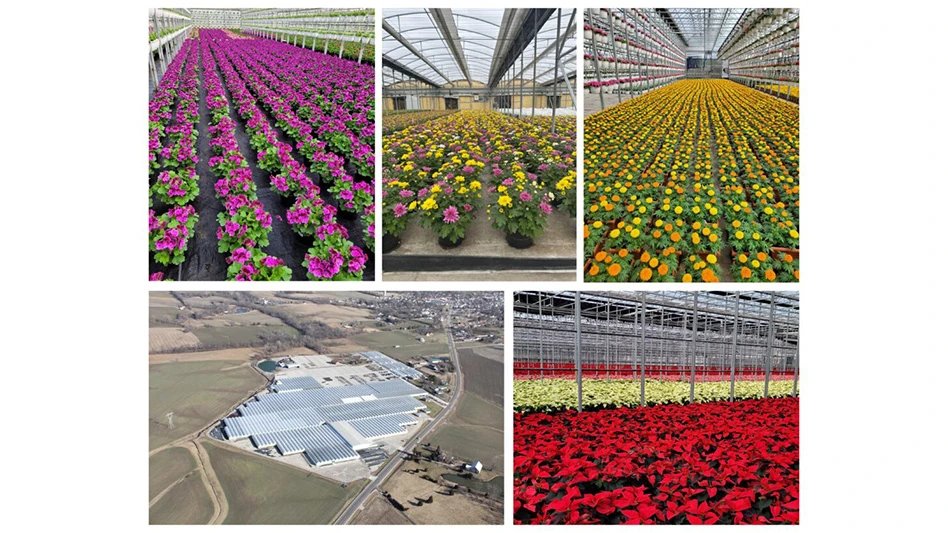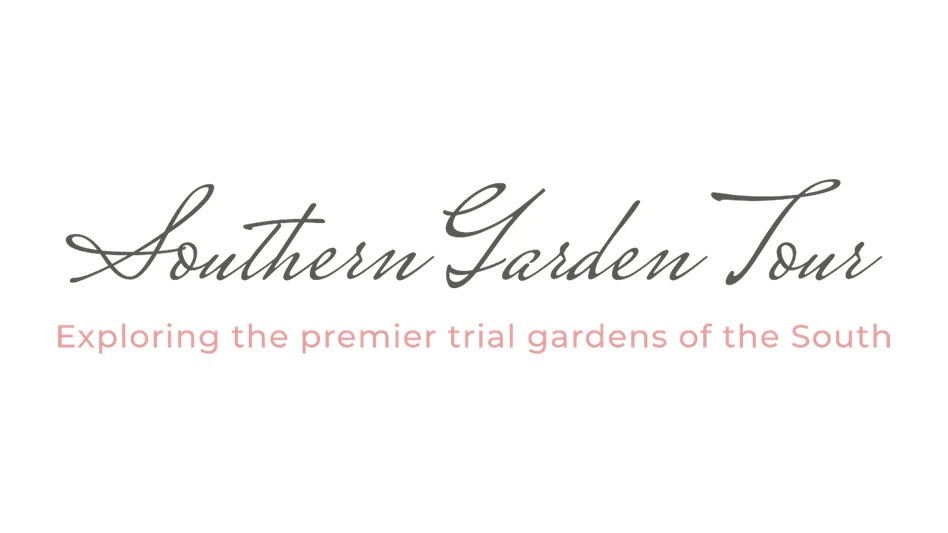
Photo: C.L. Fornari

A few months ago I was walking through the houseplant section at my garden center, and I saw a customer frowning. She was holding a Peperomia and was clearly unhappy. I don’t normally work in that section of the store, but after seeing her face, I stopped to ask if I could be of assistance.
“You can tell me what this is,” she responded. “The tag only says ‘Tropical Plant,’ and that doesn’t tell me anything.” I sighed, and as I pulled a fact sheet on growing Peperomia out of our files, I admitted to sharing her frustration. Increasing numbers of tropical plants come into retail stores with generic labels. This means that many of our customers end up not knowing what they’ve purchased or how to take care of it.
It’s perfectly understandable, of course, why growers use generic tags. Buying such labels in bulk makes them less expensive, and the grower is never stuck with old labels they can’t use. Should there be a switch from growing one species or cultivar to another, the tag is still useful. And should their workforce be fluent in languages other than English, they won’t be challenged since one label is good for all pots.
But that said, the practice of labeling all pots as “Tropical Plant” or “Flowering Annual” is bad for independent garden centers, our customers and for horticulture in general.
In the garden center, generic labels make sales more difficult. As my customer left with her plant and care sheet, she admitted that at the moment I walked through the greenhouse and assisted her, she was ready to put the plant down and leave the store. If she couldn’t feel confident that she could find out what plant she had and where it should go in her house, she wasn’t going to buy it.
Jodie MacKenn Bross, co-owner of Glenwild Garden Center in Bloomingdale, New Jersey, knows that a plant that’s tagged with the botanic name makes things easier on a garden center’s employees, as well.
“A plant labeled with a botanic name saves me from looking like an idiot,” she says. If a plant is new to an employee and it has a generic tag, it’s impossible to even know where to search for the pertinent information.
“I find that the younger plant lovers, the Millennials, with their love of succulents and houseplants, really want to know what they are buying.” Jeff Mason, Mason House Gardens in Uxbridge, Ontario
“I don’t know every tropical,” MacKenn Bross says, “and with generic labels, when a customer asks, I have to say that I don’t know. Not good.” This is especially a problem during a busy season when there isn’t time to look things up.
Annie Stuart, marketing specialist at Weston Nurseries, with locations in Hopkinton and Chelmsford, Massachusetts, says that because of the widespread use of generic tags, they have started manually tagging and cataloging all of their houseplants.
“It’s made the greenhouse staff’s life more difficult,” she says, “but the rest of us can hunt up and sell things more easily. We also have a better grip on inventory, so we can answer availability questions on the phone.” This is another way that specific labels can lead to more sales.

It’s been said that customers prefer common names, and that the public finds botanic names intimidating. But those who work in retail find that this has changed for one simple reason: smart phones. “I seem to remember the mantra being ‘Latin is too complicated for the average customer,’” says Jared Hughes, owner of Groovy Plants Ranch in Marengo, Ohio. “My experience with my customers is that Google has made this mantra obsolete. Many of my younger customers seem more comfortable with Latin names than their more mature counterparts.”
Jeff Mason, of Mason House Gardens in Uxbridge, Ontario, also finds that his younger customers are not intimidated by botanical names. “I find that the younger plant lovers, the Millennials, with their love of succulents and houseplants, really want to know what they are buying.” Mason says he also wonders why there are different labeling practices for tropical plants. “If the perennial growers manage to tag plants with specific names, the tropical growers should be able to do so as well. Very few perennials would get sold if they were not tagged.”
If we want the horticultural industry to grow, we need to engage the public on every level possible. Generic tagging promotes the idea that every plant is the same; this leads to disappointment when the customer doesn’t have access to the care information they need to keep that plant alive. It also denies the public the opportunity to get turned onto the stories about and behind every plant.
Examples that the public is interested in specific plants can be found on every social networking site. For instance, when you search Twitter for the hashtag #tropicalplanttuesday, a total of three posts come up. Yet #monsteramonday has regular posts every single week. It’s sad that the public is willing to call a Monstera by its botanic name, yet those who grow tropical plants are willing to dumb their labels down.
For much of the public, plants have become a blur of green sameness that is a mere background in their lives. Those of us who work in horticultural businesses know that every plant has its own name and cultural requirements. We know that plants have interesting stories that are as unique as their sizes and shapes of their foliage. It’s crucial that we share that knowledge with our customers.
Tropical plant growers, hear this plea. Please give your plants the labeling they and the buying public deserve.

Explore the December 2018 Issue
Check out more from this issue and find your next story to read.
Latest from Greenhouse Management
- Terra Nova Nurseries introduces rust-free and disease-resistant heucherella
- John T. Nickel, founder of Greenleaf Nursery Co., passes away at 89
- Three tours offered at 2025 Farwest Show
- Garden Media Group announces sixth annual Women in Horticulture Week
- Star Roses and Plants announces National Knock Out Rose Day
- The Growth Industry Episode 4: How federal budget cuts are affecting horticulture nonprofits
- The thrips battle plan
- Pennsylvania Horticultural Society shares top gardening trends from 2025 Philadelphia Flower Show





